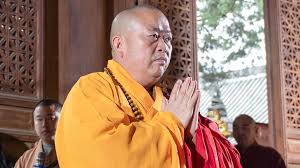Italy: Giorgia Meloni wants to transform democracy

Rome: talian Prime Minister Giorgia Meloni has called it the “mother of all reforms.” Her reform of the institutions, a major political objective of her term, is supposed to radically transform the Italian constitutional balance in favor of the head of government. According to her detractors, however, it would lead to a concentration of power that is unprecedented in republican history and possibly an illiberal drift that would contrast with the polished image that the post-fascist leader has, until now, projected in Europe and on the international stage.
Approved on first reading by the Senate on June 18, the bill is unique in how it lays down the rules for the election of the president of the Council of Ministers (the prime minister’s official title) by direct universal suffrage for a five-year term, concurrently with legislative elections. If it wins the elections, the elected prime minister’s party or coalition would be guaranteed an absolute majority of seats in Parliament, although a threshold has yet to be set in a yet undefined and upcoming electoral law. Theoretically, a party that won less than 50% of the vote but came out on top could therefore obtain more than half the seats, according to a new system that would give a bonus to the majority.
Meloni’s goal is to break with two of Italian public life’s unique features. Firstly, the reform would prevent changes of majority in the course of a parliamentary term, as a prime minister losing lawmakers’ confidence would be able to request the dissolution of Parliament. Secondly, the text would considerably weaken the president’s role, as the prime minister would have the legitimacy of the popular vote.





